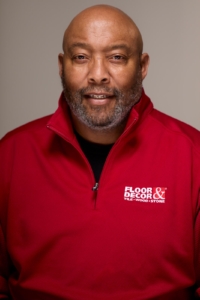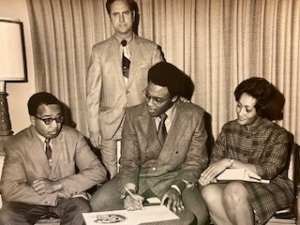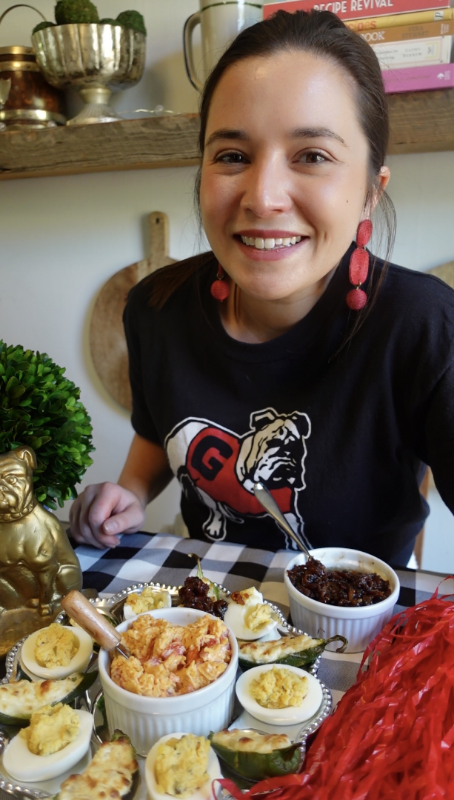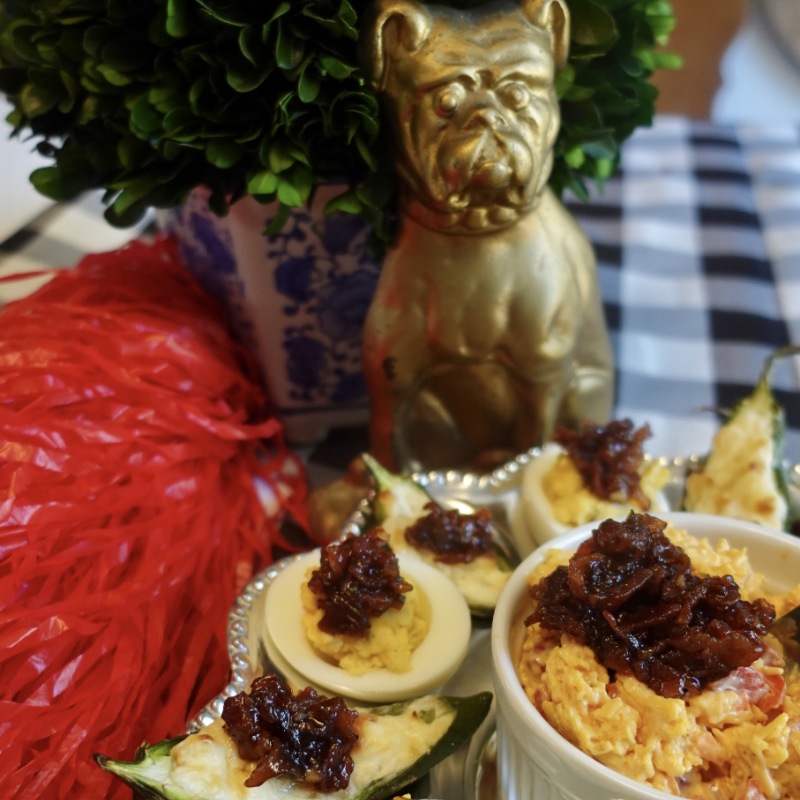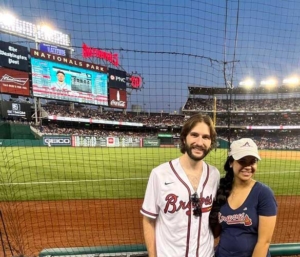Tasty Tailgating: Amanda Wilbanks’ Sloppy Joe Football Hand Pies
Up next in our Tasty Tailgating series is Amanda Wilbanks (BBA ’09), founder and owner of Southern Baked Pies. She’s sharing her recipe for Sloppy Joe Football Hand Pies.
“These football hand pies are my favorite thing to make for tailgates! Not only are they delicious and sure to impress, they’re also easy as, you guessed it, pie! Talk about a dream team–the hardy, savory flavor of sloppy joes and flaky, buttery pie crust are a game-winning duo that’ll have everyone asking for the recipe,” says Amanda. “You can also check out the Southern Baked Pie blog for some other great tailgate recipes, including Pimento Cheese Pie Bites and Berry Slab Pie, or grab a copy of my cookbook Celebrating Life with Pie for an entire tailgate menu!”
Sloppy Joe Football Hand Pies
Ingredients
1 pound ground chuck
1 onion, chopped
2 tablespoons yellow mustard
½ teaspoon freshly ground black pepper
2 tablespoons Worcestershire sauce
½ cup ketchup
2 recipes Southern Baked Pie Dough (directions below)
Instructions
Preheat oven to 400 degrees. Line a baking sheet with parchment paper.
Place the meat and onion in a large skillet. Cook, breaking up meat with a spoon until it is no longer pink and the onions are softened. Drain excess grease from meat. Add the mustard, salt, pepper, Worcestershire sauce, and ketchup and simmer for 20 minutes. Remove from heat and set aside to cool.
Roll out dough into 2 (12-inch) circles. Cut 5 hand-size football shapes out of each circle for a total of 10 footballs. Reroll the scraps if needed to get all the football shapes. Place 5 football shapes on parchment. Spoon Sloppy Joe mix evenly onto each shape. Place remaining 5 football shapes over the mixture and press around the edges to seal closed. Using a sharp knife, cut slits in the top of each football to look like the laces. Bake for 25 minutes, or until golden brown.
Southern Baked Pie Dough
Ingredients
8 tablespoons (1 stick) unsalted butter
1 ¼ cups all-purpose flour
½ teaspoon salt
½ teaspoon granulated sugar
¼ cup water
Instructions
Makes dough for 1 single-crust 9-inch pie
Cut the butter into small cubes. Combine butter and flour in a mixing bowl. Using a pastry blender, work the butter into the flour. Add the salt and sugar. Continue to work the butter into the flour until the mixture has a consistency of coarse-ground cornmeal. The cubes of butter should now be smaller than the size of a green pea.
Add the water all at once. Continue to work the dough until the dough begins to come together. Form the dough into a ball, wrap with plastic wrap, and press into the shape of a disk. Place in the refrigerator for 2 hours to chill.
Remove dough from refrigerator and roll out to desired size on a lightly floured surface.
If you’re looking for more Tasty Tailgating recipes, be sure to check out Ivy Odom’s recipe for Bacon Jam.


